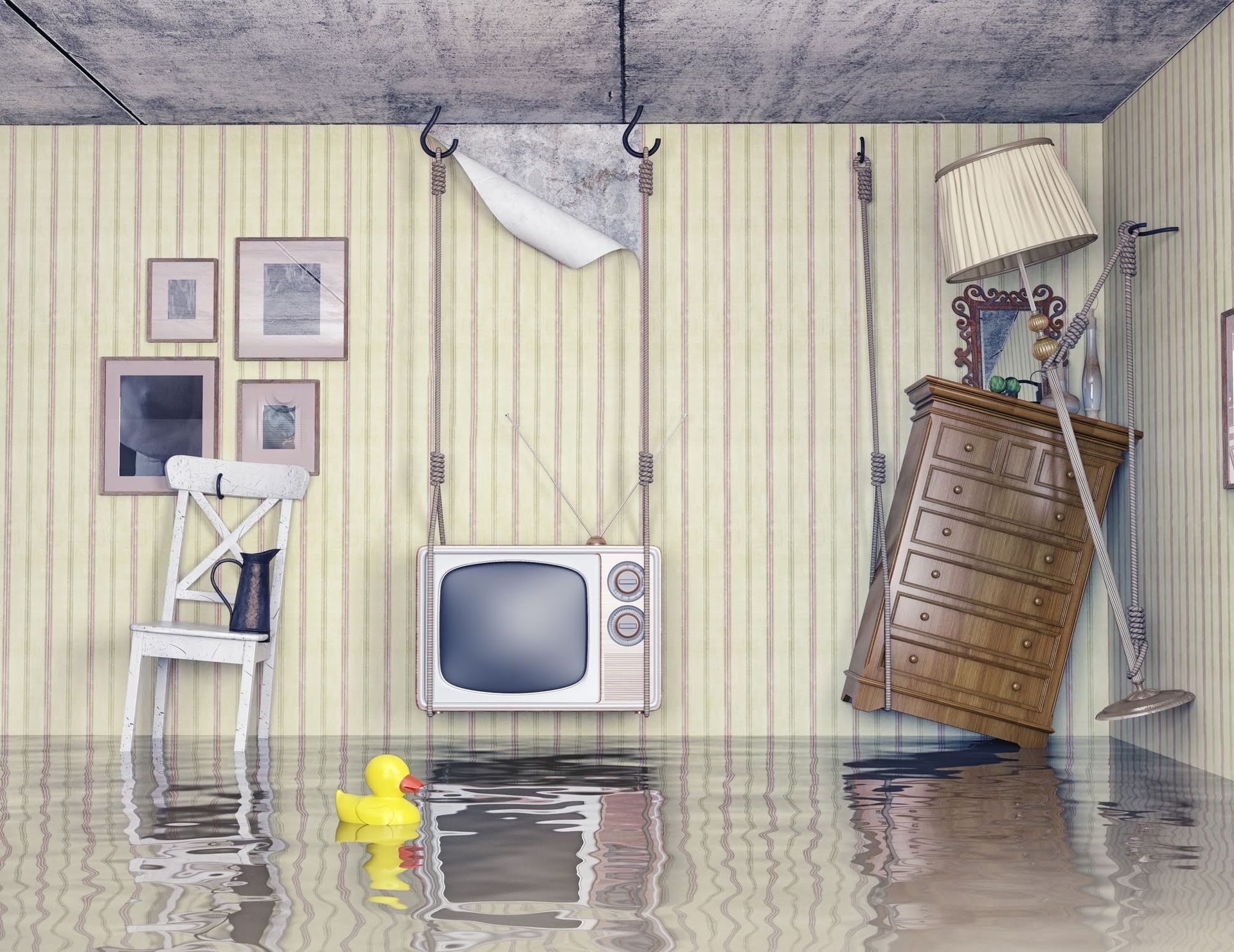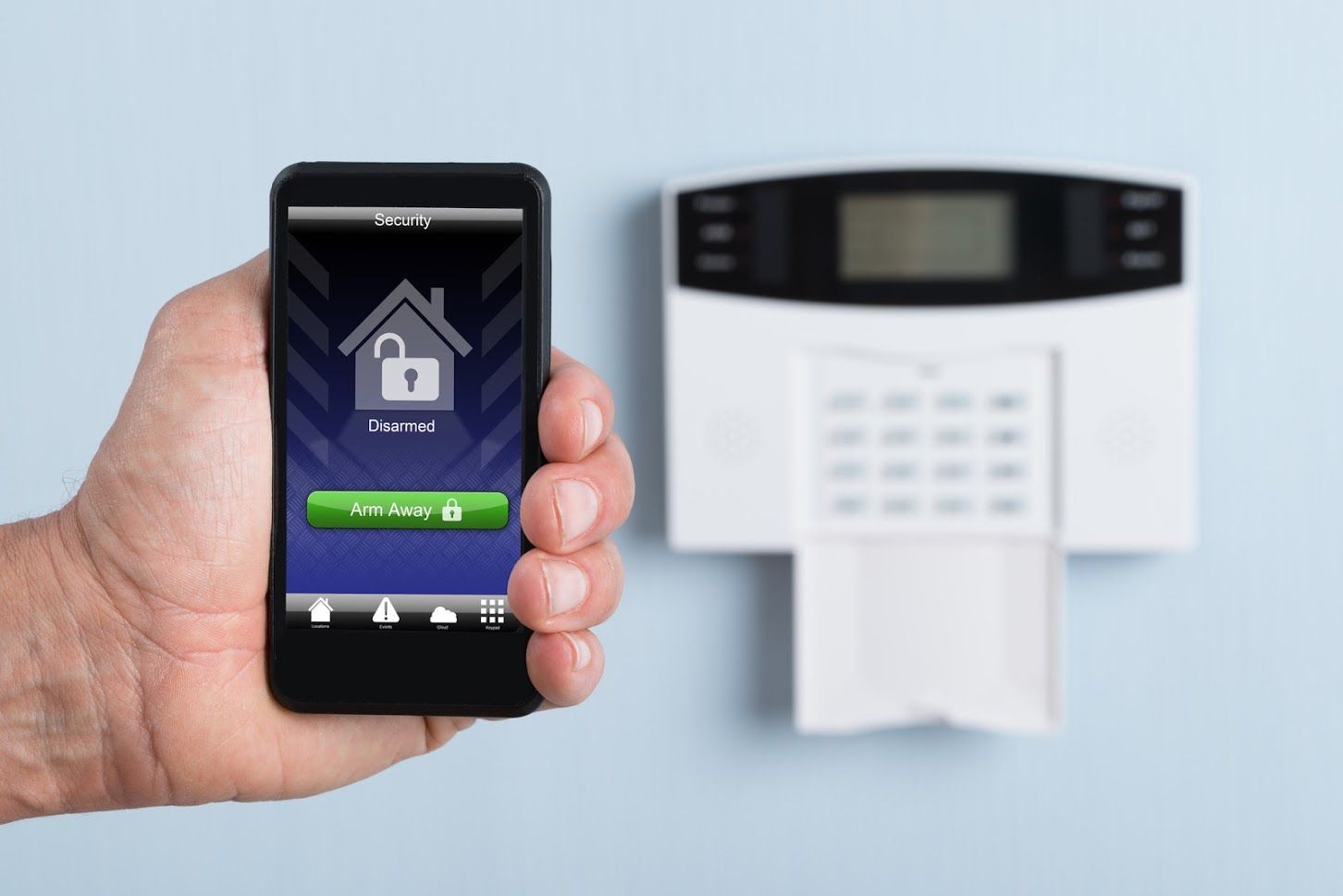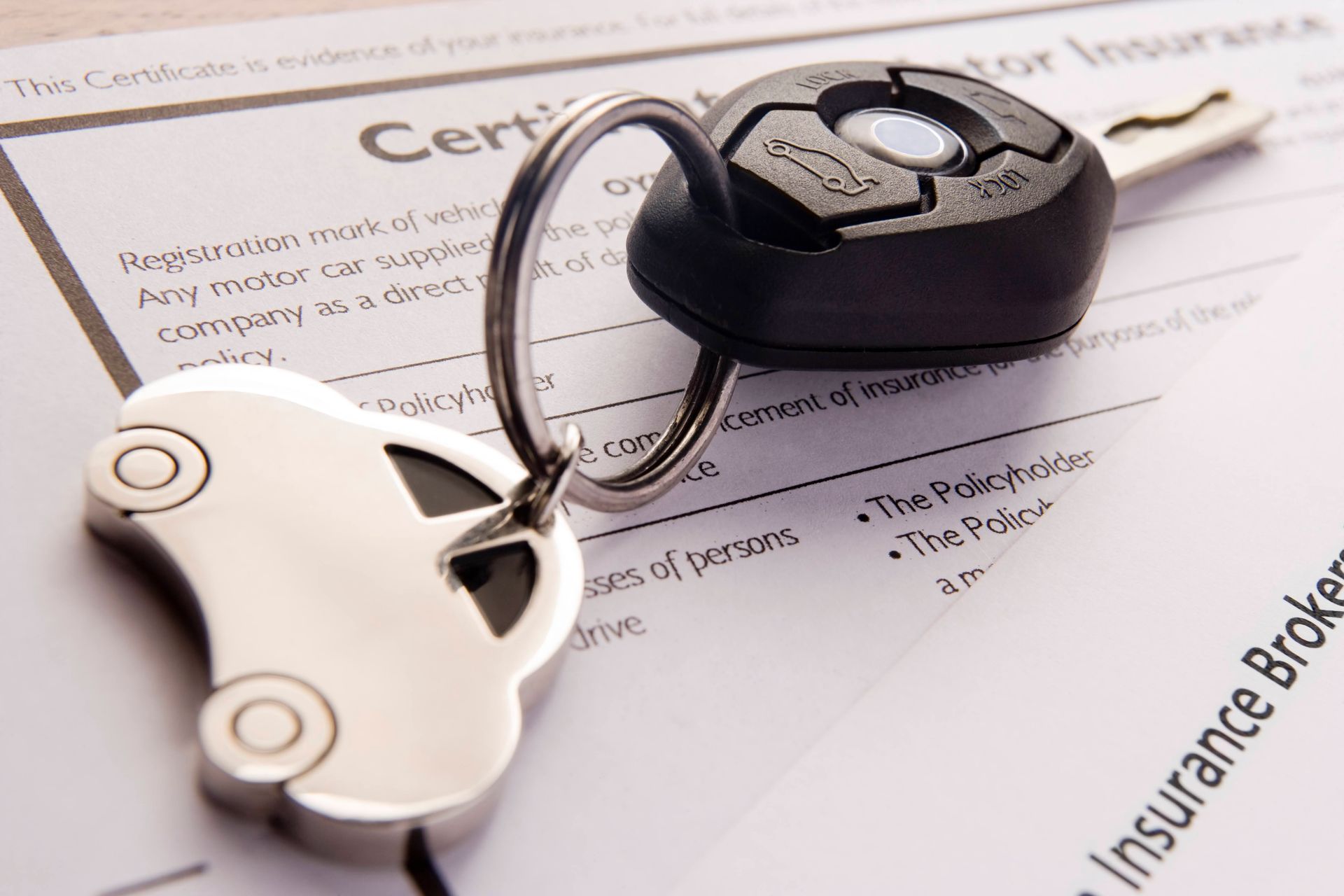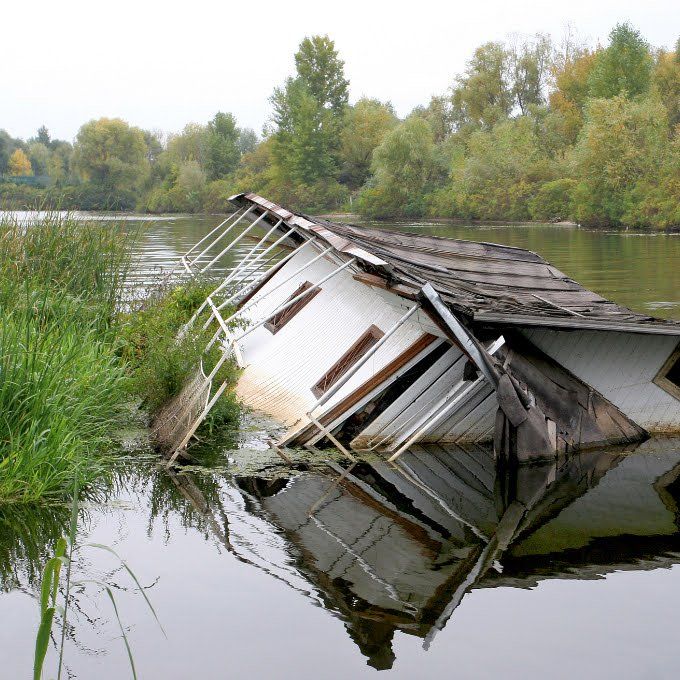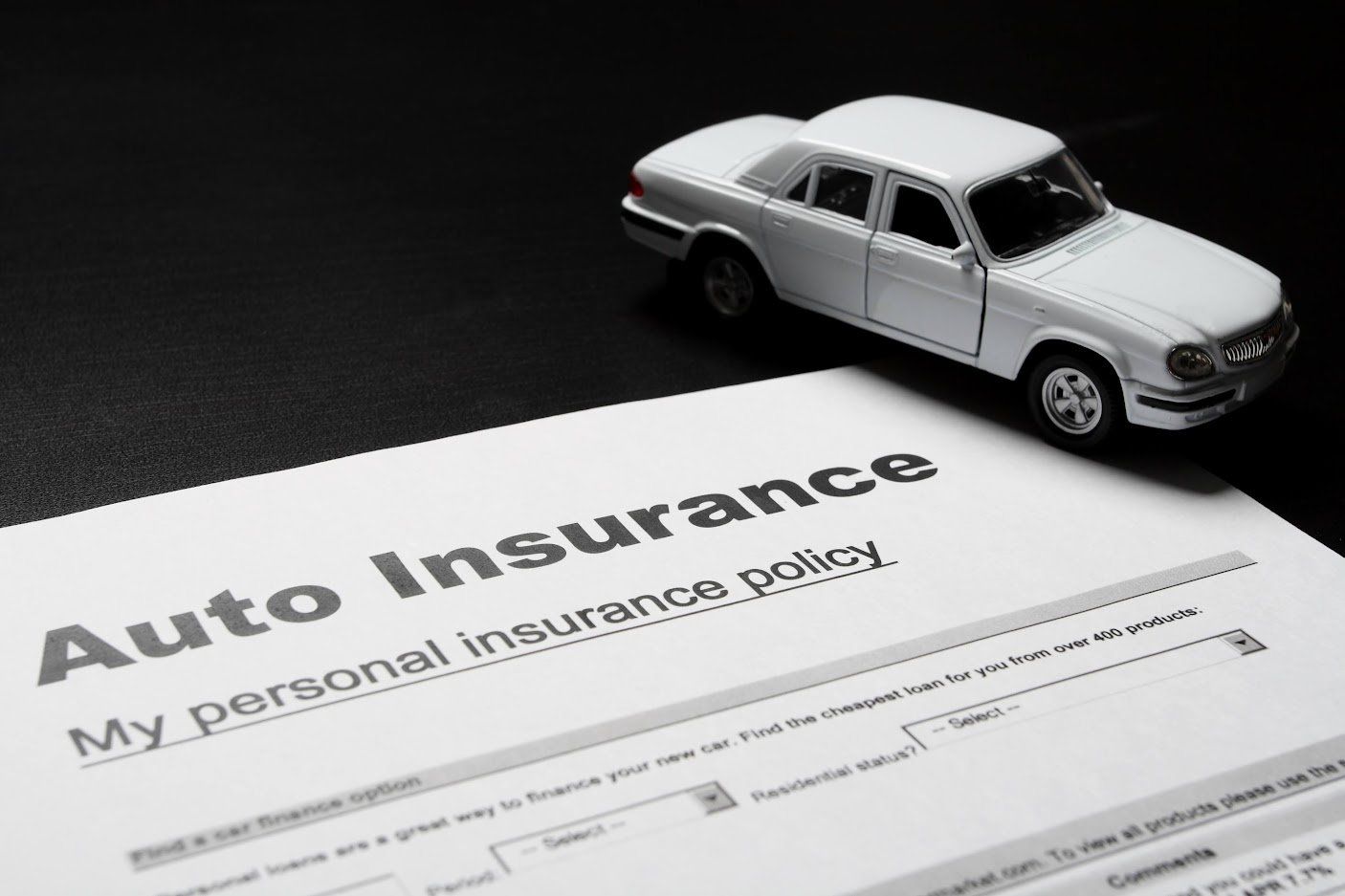Everything You Need to Know About Deductibles
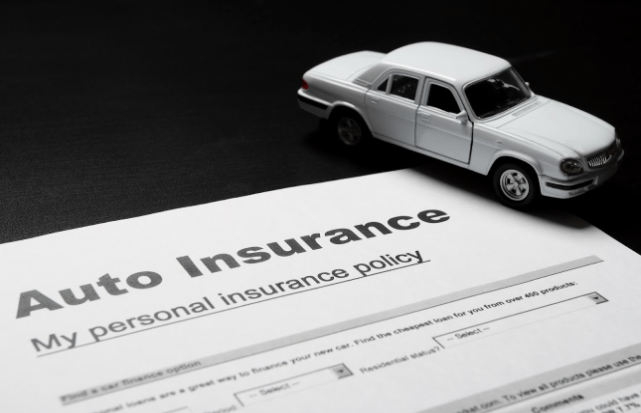
Did you choose the right deductible for your auto insurance? Whether this is your first experience with a vehicle policy or you just want to learn more about this coverage-related issue, take a look at everything you need to know about the deductible.
Are Deductibles and Premiums Different?
Yes, deductibles and premiums are different. Each of these terms refers to a part of your auto insurance policy that involves a payment. But that's where the similarities end. The deductible is the out-of-pocket expenses you must pay if you're in an auto accident or have a vehicle-related incident. The specific dollar amount of the deductible depends on the policy you choose.
Deductibles vary and could include anything from hundreds of dollars to thousands of dollars that you're responsible to pay. If you don't have an accident or auto incident, you won't need to pay for a deductible. In comparison, you will need to pay a premium whether you are in an accident or not.
The premium is the cost of the policy. You will pay this amount monthly, by quarter, bi-annually, annually, or on another schedule.
How Does a Deductible Work?
Again, the deductible is the part of accident-related expenses that you will need to pay out-of-pocket. After an accident, an auto or collision repair shop will give you an estimate. The insurance company may also need to appraise the damage and agree to the estimate.
The insurance policy will pay for the bulk of the repair — minus the deductible. The auto repair company or shop will charge you for the deductible cost.
Unlike medical insurance deductibles, auto policy deductibles are per incident fees. This means you won't pay part of a deductible after one accident and part after another. You'll need to pay the full deductible every time you file a claim.
Will You Always Have to Pay a Deductible?
Some accidents or incidents won't require you to pay a deductible. If the accident falls under the comprehensive or collision claim categories, you will need to pay this out-of-pocket fee. You may not (or may) need to pay the deductible if you aren't at fault for the accident or damage.
Your insurer can help you to better understand the in's and out's of your policy and whether you may need to pay any upfront costs, pay nothing, or pay and file a deductible recovery claim.
You may not need to pay a deductible for low damage costs. If the repair estimate is lower than the cost of your deductible, you may not even need to file a claim.
How Do Insurance Companies Determine a Deductible?
The deductible is a set dollar amount. Different insurers offer different deductible schedules. The higher your auto insurance deductible, the lower the premium — and the lower the deductible, the higher the premium. Even though a low-dollar deductible may seem like the ideal option, it could cost you more in the price of the premium.
Which Deductible Is the Right Choice?
There's no one-size-fits-all answer to this question. Some drivers prefer to pay a lower premium price, hoping that they won't get into an accident or need to pay a deductible. While you might drive safely, you can't count on an accident-free year (or years).
If you do choose a low premium/high deductible policy and get into an auto accident or have a vehicle-related incident, you could end up paying far more than the premium difference (between a low and high deductible premium) in out of pocket costs.
Discuss the different premium and deductible combinations with your insurance agent. If the premiums aren't dramatically different, but the deductibles are, you may want to select a lower deductible policy. This doesn't mean you should choose the lowest deductible possible. Instead, try to balance the costs of the deductible with the premium price differences.
Are you ready to buy a new insurance policy? Contact Clover Insurance for more information.





